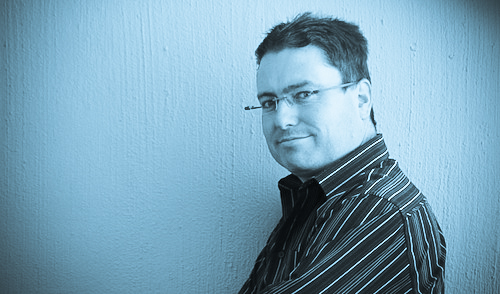
[By Duncan McLeod]
Telecommunications operators have long said bringing high-speed fibre to the home in SA is simply not a commercial proposition. Now a new player, i3 Africa, wants to do exactly that. If it pulls off the project, it will change SA telecoms forever.
i3 Africa, backed by the National Empowerment Fund, is talking a big game. It wants to invest between R5bn and R6bn over four to five years building a national fibre access network into as many as 2,5m SA homes.
The company, which has appointed Merrill Lynch as lead arranger for funding from capital providers, believes it has the technology — from the UK’s i3 Group — to get the job done.
The group did botch similar projects in the UK and Australia. But it has developed patented technology that involves laying fibre through cities’ sewerage and water infrastructure.
Cornelis Groesbeek, i3 Africa’s CEO, says the company will use this technology to build a national network at a third to half to the cost normally associated with such projects — and do it in record time. Already, the company is talking about deploying the network is six SA cities, starting in Durban.
Under i3 Africa’s plans, homes will enjoy minimum connection speeds of 100Mbit/s — that’s 10 times faster than the quickest fixed-line products on offer over Telkom’s copper-based network. Fibre doesn’t have the inherent limitations of copper as a means of delivering high-capacity broadband.
With capacity like that, new business models become possible, on-demand high-definition video being one of them. It could change the media landscape.
The network will operate on “open-access principles”, meaning Internet service providers and broadcasters can sell services directly to consumers using the network. i3 Africa subsidiary H2O Networks will build the physical network, with another subsidiary company, Fibre City, managing infrastructure and billing systems on behalf of service providers. The company will not sell bandwidth and other services directly to consumers, leaving that to third parties.
What’s ingenious about i3 Africa’s project is the way it plans to build the network. It will use metropolitan sewerage networks to construct fibre rings around the cities, with access into people’s homes to be provided through fibre laid in municipal water pipes. On residential blocks, the company will use a micro trenching technology that involves cutting a 50mm-wide and 200mm-deep slice in the road using a special cutting head that can be attached to a tractor.
Durban is the first city to get the technology. A pilot is planned for Somerset Park, near Umhlanga, over the next few months to test the model. Thereafter, probably from about midyear, construction will begin in earnest in Durban, and in a second city some time next year.
It’s early days for the project, and i3 Africa has many hurdles it has to overcome, not least among them getting buy-in from municipalities, some of which already have their own, though more limited, fibre broadband projects. i3 Africa wants to work with the cities on these projects.
Some industry executives are privately expressing doubt about the scale of i3 Africa’s plans, saying the company may have underestimated the cost and time involved. Others point out that i3 Group is facing big pressure in markets like the UK, where it is accused of damaging municipal infrastructure. Groesbeek says i3 Group is now only supplying its patented technology to operators. “At first, it tried to be both a technology company and an operator, but that did not work,” he says.
The problems don’t mean i3 Africa should be discouraged. Done right, this network will propel the country into a new league.
- Duncan McLeod is editor of TechCentral; this column is also published in Financial Mail
- Subscribe to our free daily newsletter
- Follow us on Twitter or on Facebook


